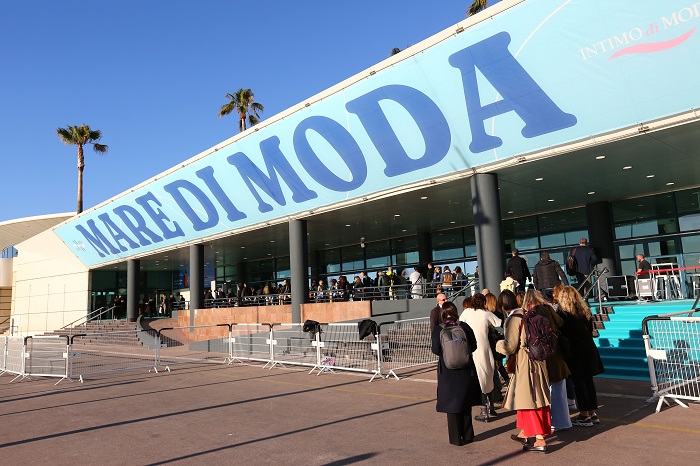Kering has formalised a partnership with the National University of Singapore (NUS) to develop a benchmark for assessing the impact of sustainability strategies of major companies in the Asia-Pacific region.
During the Singaporean forum 'Nature in the City,' Kering announced its collaboration with the Centre of Governance and Sustainability at NUS. This partnership will progress through three phases, beginning with an analysis of the strategies employed by the 50 largest companies in the Asia-Pacific region.
The first phase, named 'Nature-Related Practices and Strategies in Asia-Pacific,' will involve 700 companies across 11 industries in Australia, Mainland China, Hong Kong, India, Indonesia, Japan, Malaysia, New Zealand, the Philippines, Singapore, South Korea, Taiwan, Thailand, and Vietnam.
Preliminary findings reveal that 35 per cent of these companies reference nature in their activity reports primarily in terms of material resources. Among these, only 31 per cent regard nature and biodiversity as a medium or high priority, in stark contrast to 82 per cent who prioritise climate change.
Marie-Claire Daveu, Chief Sustainability and Institutional Affairs Officer, Kering, states, NUS combines academic rigor, research expertise, and real-world experience - essential levers for successful impact. The sustainability challenges we face today are complex, and by partnering with an exceptional university renowned for its expertise in this field, Kering demonstrates its commitment to collaborating with partners on the path to sustainable development in the Asia-Pacific region.
The second phase of the study will focus specifically on the role of climate transition in the strategies of major companies in the region.
In 2023, Kering’s net profit declined by 17 per cent while sales dropped by 4 per cent. The owner of brands such as Gucci, Saint Laurent, Bottega Veneta and Balenciaga, anticipates current operating income to decrease by approximately 45 per cent in the first half of 2024 compared to the first half of 2023.












